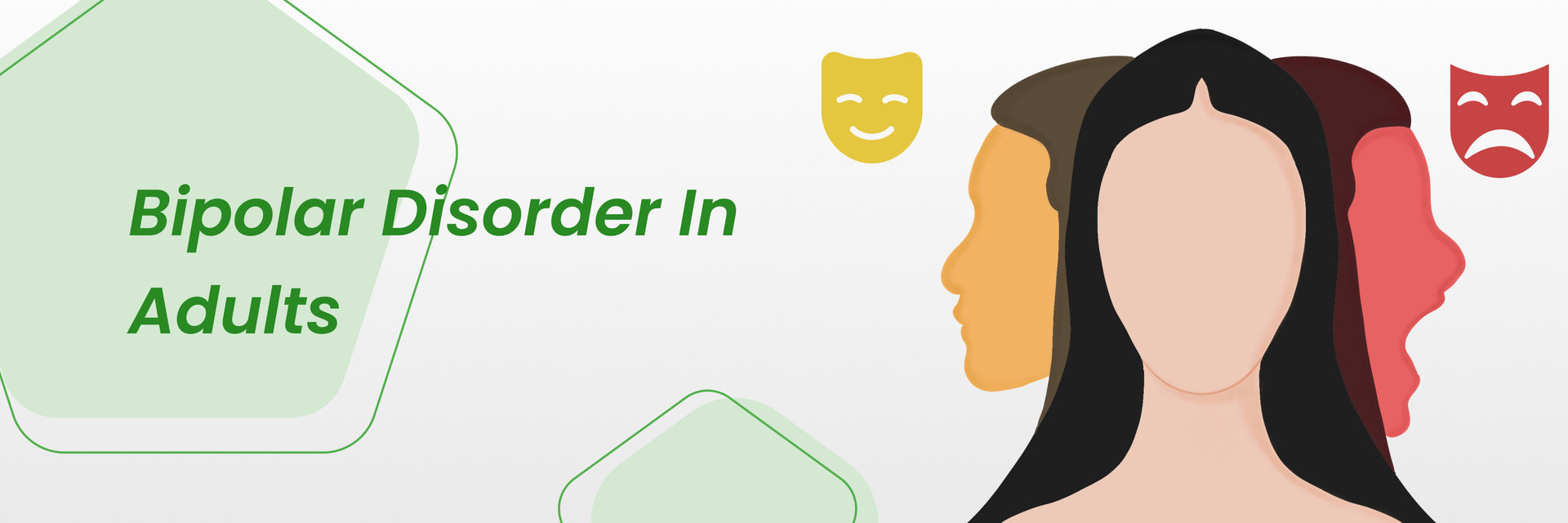Overview
For many individuals and families navigating the path to recovery, the question often arises: Is it possible to get help for alcohol abuse and mental health together?
The answer is a resounding yes.
In fact, treating both conditions at the same time, known clinically as integrated dual diagnosis treatment, is not only possible, it’s considered the gold standard.
For those living with both a substance use disorder (SUD), like alcohol dependence, and a co-occurring mental health condition such as depression, anxiety, PTSD, or bipolar disorder, receiving care for both issues concurrently is crucial to long-term recovery.
The days of treating one condition in isolation from the other are over. Modern behavioral health care recognizes that mental health struggles and substance use often feed into each other. Unaddressed anxiety can lead someone to self-medicate with alcohol.
Persistent alcohol use can worsen symptoms of depression. Without a coordinated, holistic approach, individuals can find themselves stuck in a cycle of relapse and distress.
Here’s where ClinicSpots can help connect you with an experienced doctor who understands co-occurring disorders and can guide you toward the right treatment for you or your loved one."
Understanding Co-Occurring Disorders
The term “co-occurring disorders” refers to when someone experiences both a mental health disorder and a substance use disorder at the same time. This is more common than many people realize. According to national health surveys, nearly half of individuals with a substance use disorder also have a mental health condition.
Co-occurring disorders can develop for a number of reasons. For some, alcohol becomes a way to cope with the symptoms of anxiety or trauma. For others, heavy alcohol use over time may actually cause or exacerbate mental health symptoms. Genetics, environment, trauma history, and even social support all play a role.
Whatever the origin, the effects are deeply intertwined. That’s why treatment that only focuses on one aspect—like detoxing from alcohol—can fall short. Without support for the underlying mental health drivers, individuals often return to substance use to cope. Likewise, treating a mental health condition without addressing alcohol misuse can leave major barriers to progress untouched.
What Integrated Treatment Looks Like
Integrated treatment for alcohol abuse and mental health includes coordinated care from professionals trained in both fields. This doesn’t mean simply seeing two different providers it means working within a system designed to treat the person as a whole.
An integrated program typically begins with a thorough assessment that identifies both substance use patterns and any existing or underlying mental health concerns. From there, a personalized care plan is created. This plan may involve:
Importantly, these services are offered in a coordinated fashion, often under one roof. Providers communicate and collaborate so that each aspect of care reinforces the other.
This approach has been shown to significantly improve outcomes, including reduced relapse rates, better mental health stability, and improved quality of life.
How Do I Know If I Need Dual Diagnosis Treatment?
People often ask: How do I know if I need dual diagnosis treatment?
If you or a loved one struggles with alcohol use and also experiences symptoms like persistent sadness, anxiety, mood swings, or trauma-related distress, it may be time to explore a program that addresses both. You don’t need a formal diagnosis to start the conversation. In fact, many individuals only uncover the full scope of their needs once they enter care.
Some signs you may benefit from integrated treatment include:
- Drinking to cope with stress, anxiety, or depression
- Feeling emotionally unstable or hopeless even while sober
- Experiencing withdrawal symptoms or drinking in secret
- Having trouble holding a job or maintaining relationships
- A history of trauma or abuse
- Prior treatment that didn’t help or led to relapse
Getting the right level of care early can make a profound difference. The sooner both issues are addressed, the better the chances for lasting recovery.
Barriers to Care and How to Overcome Them
Even though integrated treatment is widely recommended, many people face obstacles in accessing it.
Some individuals worry about the stigma of seeking help. Others are unsure if programs that offer both types of support exist in their area. For those relying on the Arizona Health Care Cost Containment System (AHCCS) or other public insurance options, it can feel even more challenging to find high-quality treatment.
Fortunately, many states including Arizona have taken steps to expand access to integrated care. If you’re in Arizona, there are programs to support sobriety in Arizona that specialize in dual diagnosis treatment and accept a wide range of insurance types.
If you’re looking for a rehab in Maricopa County or anywhere else in Arizona, consider facilities that highlight dual diagnosis as a core component of their treatment philosophy. Ask questions about how they approach mental health and addiction together, whether their staff are cross-trained in both specialties, and how they plan for long-term support.
What Happens After Treatment?
Recovery from alcohol abuse and mental health challenges doesn’t end when a program does. A strong aftercare plan is essential for maintaining progress and preventing relapse.
After integrated treatment, individuals are typically connected to:
- Ongoing outpatient therapy
- Psychiatric medication management
- Peer support or 12-step groups
- Sober living environments (if needed)
- Job training or educational programs
- Community mental health resources\
A good treatment provider, such as a leading Maricopa County rehab will help you design a plan that matches your goals. They will assist you in helping rebuild relationships, return to work, or finding new meaning in life after addiction.
For many, the path to wellness includes building a new support system that values mental health and sobriety equally. That may include family involvement, structured routines, and access to crisis support when needed. Knowing that your recovery is being supported on all fronts can give you confidence and hope in what comes next.
Why Dual Diagnosis Treatment Works
The success of dual diagnosis treatment lies in its whole-person approach. It doesn’t separate you into two categories—“alcoholic” and “depressed”—but rather sees the interplay of your challenges and works to heal them together.
By recognizing that emotions, habits, trauma, and brain chemistry all contribute to health and healing, this kind of care fosters deeper understanding and lasting change. It also reduces shame. When someone realizes their alcohol use isn’t just a “bad habit” but a way of surviving mental pain, they’re more likely to engage meaningfully in treatment.
Likewise, when mental health symptoms are met with compassion and not minimized, individuals feel validated and empowered to make changes.
Hope Is Real and Help Is Available for You in Arizona
If you or someone you love is struggling, you’re not alone and you’re not out of options. Integrated treatment for alcohol abuse and mental health is more accessible than ever. Whether you’ve tried treatment before or are just starting to consider it, there’s a path forward.
You don’t have to choose between getting help for your mind or your substance use. With the right support, you can heal both.
Recovery is possible. Healing is possible. And the first step is asking the right questions: just like you’ve done by exploring whether it’s possible to get help for alcohol abuse and mental health together.
If you're ready to take that next step, reach out to a provider who understands co-occurring disorders.
Look for programs to support your sobriety in Arizona, especially a leading facility that takes Arizona Medicaid or a Maricopa County rehab that focuses on dual diagnosis care. The journey may be hard, but you're not walking it alone, and your destination is well worth it.
Conclusion
Yes, it’s absolutely possible and vital to get help for alcohol abuse and mental health together. Integrated treatment addresses both challenges at once, leading to better outcomes and lasting recovery. If you’re in Arizona, support is available. You don’t have to walk this journey alone real help and real hope are within reach.






